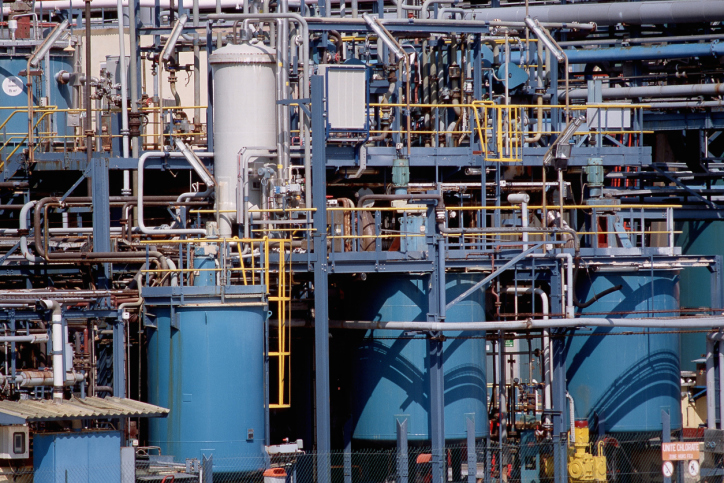
For refiners on the East Coast of the U.S., the good times could just keep on rolling along despite a few setbacks. Phillips 66 and PBF are the largest refiners in the region, with capacities of 238,000 barrels a day and 342,200 barrels a day, respectively. Both have been able to take advantage of a spread of as much as $45 a barrel between Brent crude and Bakken crude now that Bakken crude supplies are finally making it by rail to the East Coast.
The bad news for refiners is that the spread is closing due to the high cost of rail transport, about $14 a barrel. The good news is that West African and Canadian supplies to these refineries are based on Brent pricing and that price is falling while the price of WTI, on which Bakken crude is priced, has been rising until the last few days.
Energy economist Philip Verleger notes that short interest from merchant traders (most likely refiners) in Brent futures has declined since the beginning of the year, while long interest in WTI has been growing. Short interest in WTI was essentially flat for the first three months of the the year, but has recently risen by just 75,000 contracts. Verleger suggests that East Coast refiners are now operating on margins determined by the New York harbor price for refined products over WTI, not Brent, and that it is these refiners who have taken the short position in Brent.
Last week’s announcement by Russia of all its sales to China, the Czech Republic, and commodities house Trafigura means that these buyers will be selling Brent futures as they seek to maximize their profits over the next several years. This adds more downward pressure to Brent pricing. The East Coast refiners should be buying WTI futures and selling Brent futures as well, putting even more downward pressure on Brent prices.
And when transporting Bakken crude by rail gets too expensive, these refiners will buy discounted crude from Canada and West Africa, which will re-direct Bakken shipments to the Gulf Coast, where Valero, Phillips 66, and all the U.S. supermajors have refineries. The price of Bakken crude will put downward pressure on Louisiana Light Sweet and Mars crude prices, helping margins along the Gulf Coast as well.
Refining margins continue to look good on the East Coast, and could see a boost on the Gulf Coast. U.S. consumers will likely see price declines as well, but probably not as much as we might expect as we watch the price of crude fall.
Travel Cards Are Getting Too Good To Ignore (sponsored)
Credit card companies are pulling out all the stops, with the issuers are offering insane travel rewards and perks.
We’re talking huge sign-up bonuses, points on every purchase, and benefits like lounge access, travel credits, and free hotel nights. For travelers, these rewards can add up to thousands of dollars in flights, upgrades, and luxury experiences every year.
It’s like getting paid to travel — and it’s available to qualified borrowers who know where to look.
We’ve rounded up some of the best travel credit cards on the market. Click here to see the list. Don’t miss these offers — they won’t be this good forever.
Thank you for reading! Have some feedback for us?
Contact the 24/7 Wall St. editorial team.




